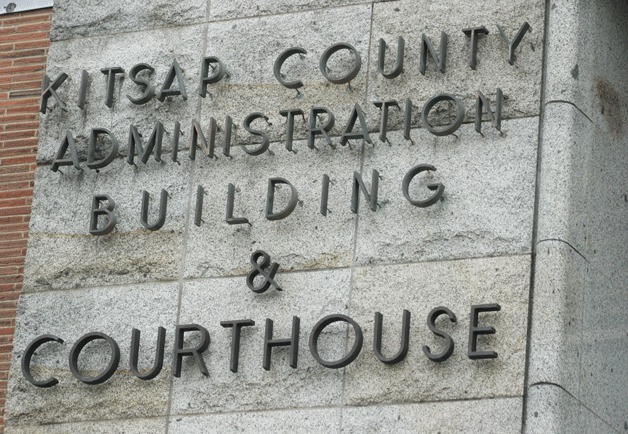Citing “compelling legal questions,” a Superior Court judge said Friday she would not rule from the bench to decide whether three Bainbridge Island city council members should surrender the hard drives of their personal computers so public records sought by two Bainbridge residents could be retrieved and released by the city.
Kitsap County Superior Court Judge Jeanette Dalton said she would issue a written decision near the end of October on whether the three council members should hand over their hard drives, as well as a related question of whether the three elected officials could be dismissed from the lawsuit as individuals.
Two Bainbridge residents, Althea Paulson and Robert Fortner, filed a lawsuit against the city of Bainbridge Island on Sept. 10 that claimed the city and council members Steve Bonkowski, David Ward and Debbi Lester failed to turn over public records that had been requested under the state’s Public Records Act.
The lawsuit came two months after Paulson and Fortner made a request for a large batch of emails that were sent and received by city council members. Some of those emails showed that council members had been using their personal email accounts to talk about city business and issues before the council, and the pair filed suit after realizing that Bonkowski, Ward and Lester had withheld emails that should have been released under the state’s Open Records Act.
The lawsuit asked the court to issue an order that would require Bonkowski, Ward and Lester to turn over their computer hard drives to the city so the public records could be retrieved and released.
At a hearing Friday, Jessica Goldman, an attorney presenting Bonkowski, Ward and Lester said the Public Records Act did not allow for lawsuits against private individuals, only agencies.
As such, Bonkowski, Ward and Lester should not be legally liable for refusing to release public records from their personal computers.
Instead, Goldman said, the city — as the agency responsible for compliance with the Public Records Act — should be legally liable if the records were not released.
Goldman also argued the three council members had a constitutional right to privacy and should not be made to surrender their personal computers because it would intrude on personal intimate matters.
Dan Mallove, the attorney suing the city, said the three council members had been given laptop computers and email accounts by the city to use when they conducted city business.
Instead, he said, and in violation of the city’s governance manual, the trio had been using their home computers and personal email accounts to send and receive emails on city business.
Mallove noted that privacy was not an issue. Bonkowski, Ward and Lester are elected officials, and the public records requests from Paulson and Fortner were not aimed at retrieving private, personal emails.
“We don’t want their private matters; we don’t want their personal, intimate things,” Mallove said.
What’s more, the court could make sure any such emails were kept secret while the hard drives were searched for public records, he said.
“There are adequate safeguards,” Mallove said, adding that a judge could impose confidentiality restrictions or protective orders on emails found on the hard drives that were not public records.
The judge said she agreed that allowing the Public Records Act “to reach into the home of a public official would be inappropriate.”
“Where I find the line to be blurred is when a public official uses a personal computer for public business,” Dalton continued.
But Dalton also wondered how the court would acquire jurisdiction, in light of the clear public policy of the Public Records Act that the public’s work should be done in public, when a public official refuses to produce documents that are public under the law.
“How else, I guess, is the Public Records Act to have any teeth when a public official says, ‘I refuse, I’m not giving you my stuff?'” Dalton asked.
The judge’s decision on the request to remove the three council members from the lawsuit, and the request for the trio’s hard drives, is expected in October.
Goldman, the attorney for the three council members, also noted repeatedly during Friday’s hearing that she will seek to have the lawsuit dismissed on summary judgement before it goes to trial.



